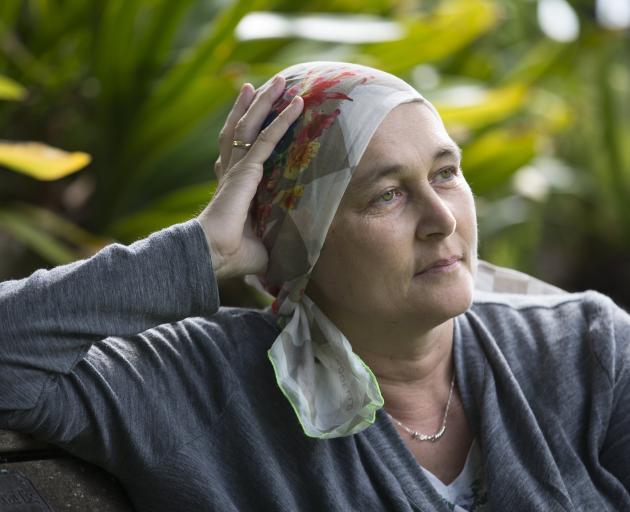
Rebecca Macfie
Awa Press

Moments in the book may bring you to tears, but more often readers will be in awe of this whirlwind of a woman who died from lung cancer in 2016 at 52. They will also have a better understanding of the injustices she railed so tirelessly against and be able to share her frustration and indignation.
There has often been regret Kelly missed out on being in Parliament and perhaps having a chance at being prime minister, a role many saw as a possibility had she lived longer.
But in 2007 she postponed plans to try for Parliament, choosing to continue with her work in the union movement as the first woman leader of the Council of Trade Unions.
As the daughter of Pat and Cath Kelly, committed communists who later became disillusioned and switched their allegiance to the Labour Party, Kelly was immersed in politics as a child. Pat was a nuggety union organiser whose impoverished beginnings in Bootle, England, contrasted with those of Cath’s privileged upbringing. Cath campaigned against the Vietnam War and older readers may remember her involvement with the Campaign Against Rising Prices (CARP).
For many, their first knowledge of Helen may have come when she was part of the 2010 controversy over employment rights connected with the Hobbit films in New Zealand. There is no room here to detail the anti-union hysteria whipped up by the film-makers and others even though the dispute had been settled. The Government’s subsequent unnecessary urgent law change to classify film production workers as self-employed contractors remains a low point in New Zealand’s law-making history. During this, Kelly was cast as a danger to the future of the film industry and subjected to an appalling amount of baseless criticism.
It is disappointing that Sir Peter Jackson, who Kelly once described as a spoilt brat at the height of the tension, and Sir Richard Taylor, did not agree to be interviewed for the book.
Later, Kelly became known for putting pressure on the forestry industry over the appalling conditions resulting in many deaths, for her support of the Pike River families and the need for accountability for that disaster, and her campaign for justice for Charanpreet Dhaliwal, a young Indian student who was killed on the first night of a job as a security guard. At the end of her life, she was also campaigning for access to medicinal cannabis.
Her belief, and she was not alone in this, that all workers deserved a fair go, whether they were in a union or not, did not find favour with all her fellow unionists.
Macfie deftly weaves Kelly’s story with much history about industrial relations in the last few decades as unionism declined in the face of the neoliberal reforms and the 1991 Employment Contracts Act. Even those of us who thought we were paying attention may be surprised revisiting the bleaker aspects of this recent past.
It is probably too soon to draw conclusions about Kelly’s legacy, and she would be quick to point out nothing is achieved without solidarity, community.
(Kelly, when visiting Dijon after her cancer diagnosis, paused at the statue of the 15th-century duke Phillip the Good, and quipped that she would be known as Helen the Bloody Annoying.)
In the meantime, hopefully this excellent book will encourage readers to both celebrate Kelly’s life and think anew about how we could do much better in our treatment of workers and in holding the powerful to account when workers are harmed.
- Elspeth McLean is an ODT columnist and former health reporter.











